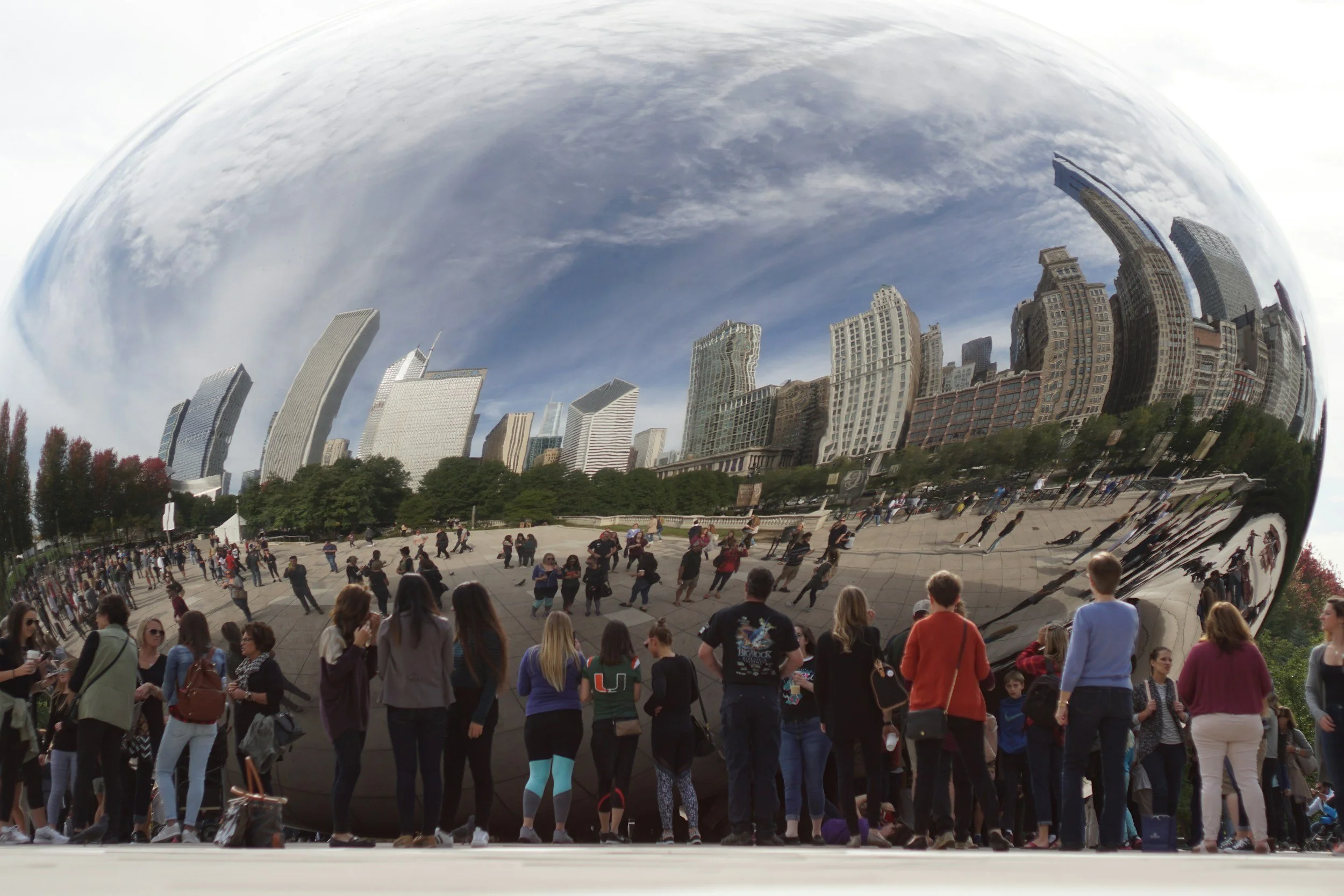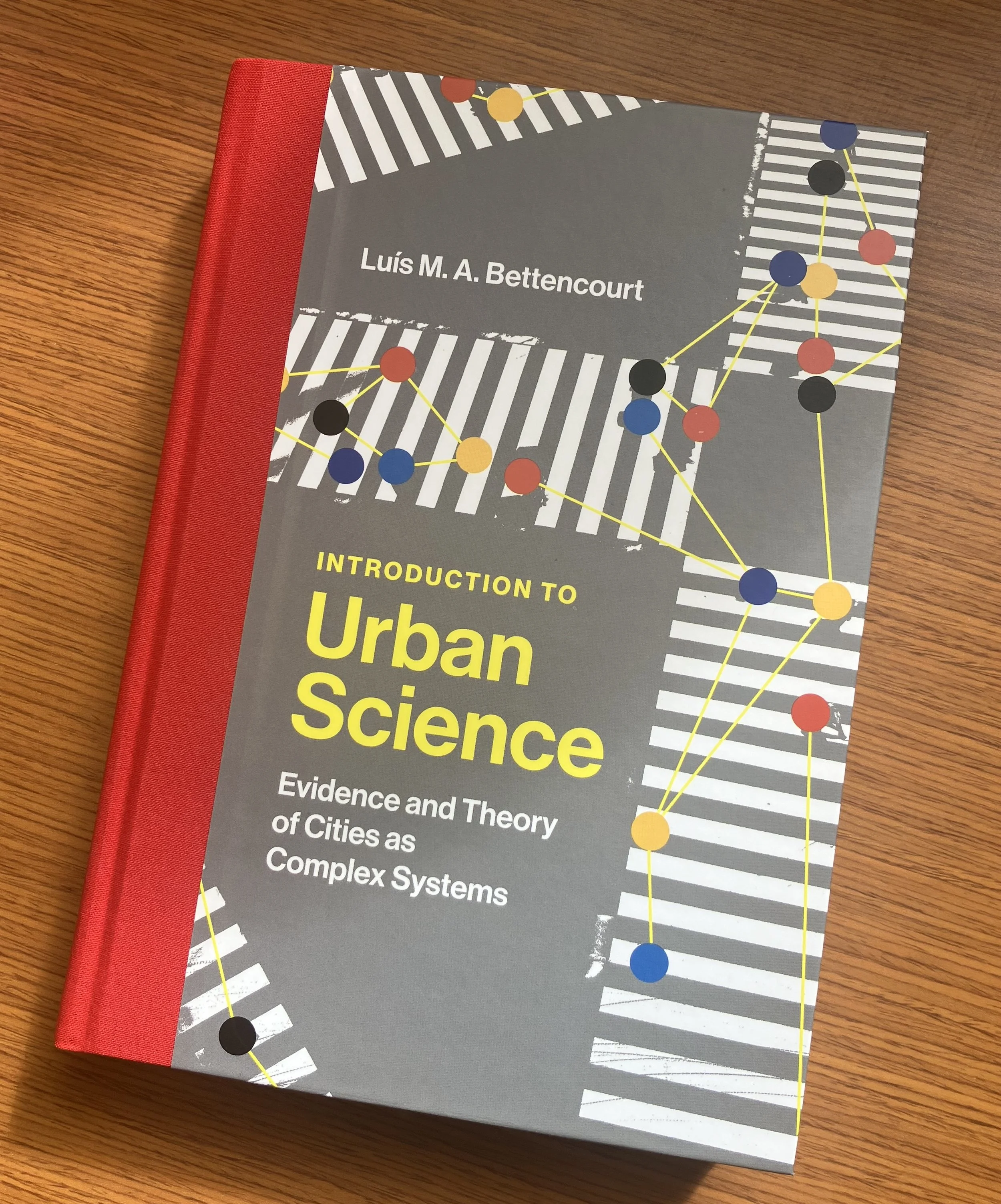
New science for better cities
Generalizable knowledge
Our work seeks to discover the processes that underly life in cities, and how these play out across scales, throughout history, and in different geographies and cultures. By identifying general urban principles using comparative scientific methods and the best data, we can inform better policy and design towards more just, productive and sustainable cities.
By understanding the essence of cities and engaging with the best data and evidence from around the world, we can create new methods of urban planning, design and assessment. These are iterative, person-centric and in constant improvement, just like the underlying science. We work in the tradition of complex systems, across many different disciplines, including ecology, public health, economics, sociology, data sciences, physics and computer science.
Transformative methods
We work with people, places and data from across the world, as much as possible in every city and neighborhood. We seek to integrate insights from local communities and practice into our research, and use rigorous comparative methods to identify common phenomena across diverse contexts. We adapt these principles to each context to derive scalable approaches that work with the natural dynamics of each community and each city.


